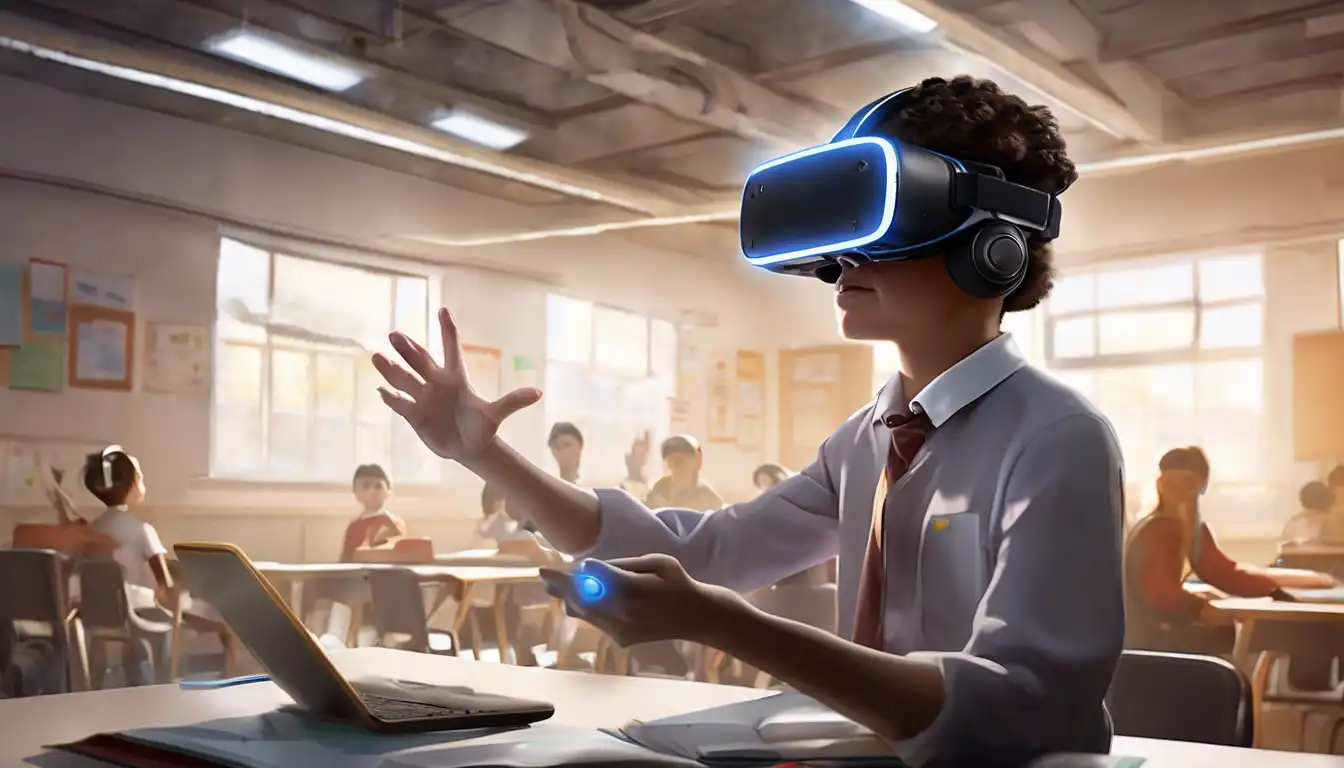The Transformative Impact of Virtual Reality on Learning and Skill Development
Virtual Reality (VR) technology has rapidly evolved from a futuristic concept into a practical tool in various sectors, notably in education and training. By creating immersive, interactive environments, VR offers unparalleled opportunities for experiential learning, making it a game-changer in how knowledge is acquired and skills are developed.
Why VR in Education?
VR in education transcends traditional learning boundaries by providing students with immersive experiences that were previously unimaginable. From virtual field trips to historical sites to exploring the human body in 3D, VR makes learning more engaging and effective. Studies have shown that VR can significantly enhance retention rates by stimulating multiple senses, making it a powerful tool for educators.
VR in Professional Training
Beyond the classroom, VR is revolutionizing professional training across industries. For instance, medical students can perform virtual surgeries, offering a risk-free environment to practice and hone their skills. Similarly, VR is used in aviation for flight simulations, providing pilots with realistic training scenarios without the associated costs and risks of real-life training.
Benefits of VR in Learning and Training
- Enhanced Engagement: VR's immersive nature captures learners' attention, making education more interactive and enjoyable.
- Safe Learning Environment: It allows for the simulation of dangerous or expensive training scenarios without real-world risks.
- Accessibility: VR can bring distant or inaccessible locations and experiences to learners worldwide.
- Customizable Learning Experiences: Educators can tailor VR content to meet individual learning styles and needs.
Challenges and Considerations
Despite its potential, the integration of VR in education and training faces challenges, including high costs, the need for technical expertise, and concerns over prolonged use. However, as technology advances and becomes more affordable, these barriers are gradually being overcome, paving the way for wider adoption.
The Future of VR in Education and Training
The future of VR in education and training looks promising, with ongoing advancements in technology making it more accessible and effective. As VR continues to evolve, it will undoubtedly play a pivotal role in shaping the future of learning and professional development, offering experiences that are not only educational but truly transformative.
For more insights into how technology is changing the educational landscape, explore our articles on E-Learning Trends and The Future of Education.
